Posted on 9/19/2018
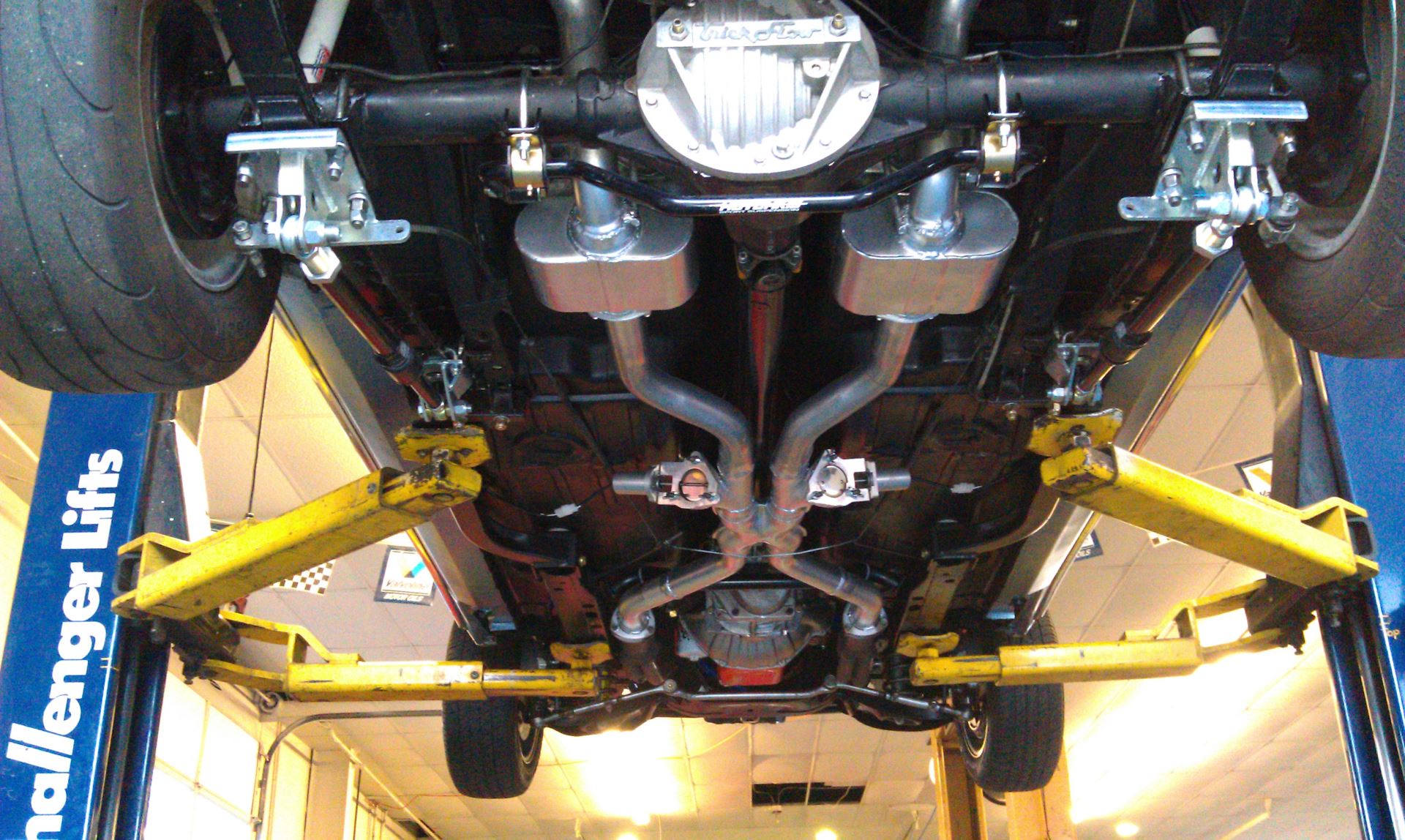
If you own a vehicle that was produced after 1980, it will definitely include oxygen (O2) sensors in the exhaust. Some vehicles from earlier than that will also have them. These sensors perform a vital function and are connected directly to the car’s computer system. They monitor the relative amount of oxygen running through the engine. If the oxygen levels are too low or too high, the sensor will be tripped and your check engine light will come on. What Do Oxygen Sensors Do? Oxygen sensors are one of the most common reasons why the check engine light comes on. Yes, they can wear out and/or simply fail over time. In other words, the warning light may just be a result of an oxygen sensor that needs to be replaced. Or, the sensor may be doing exactly what it is supposed to be doing. In this case, the check engine light is o ... read more
Posted on 8/8/2018
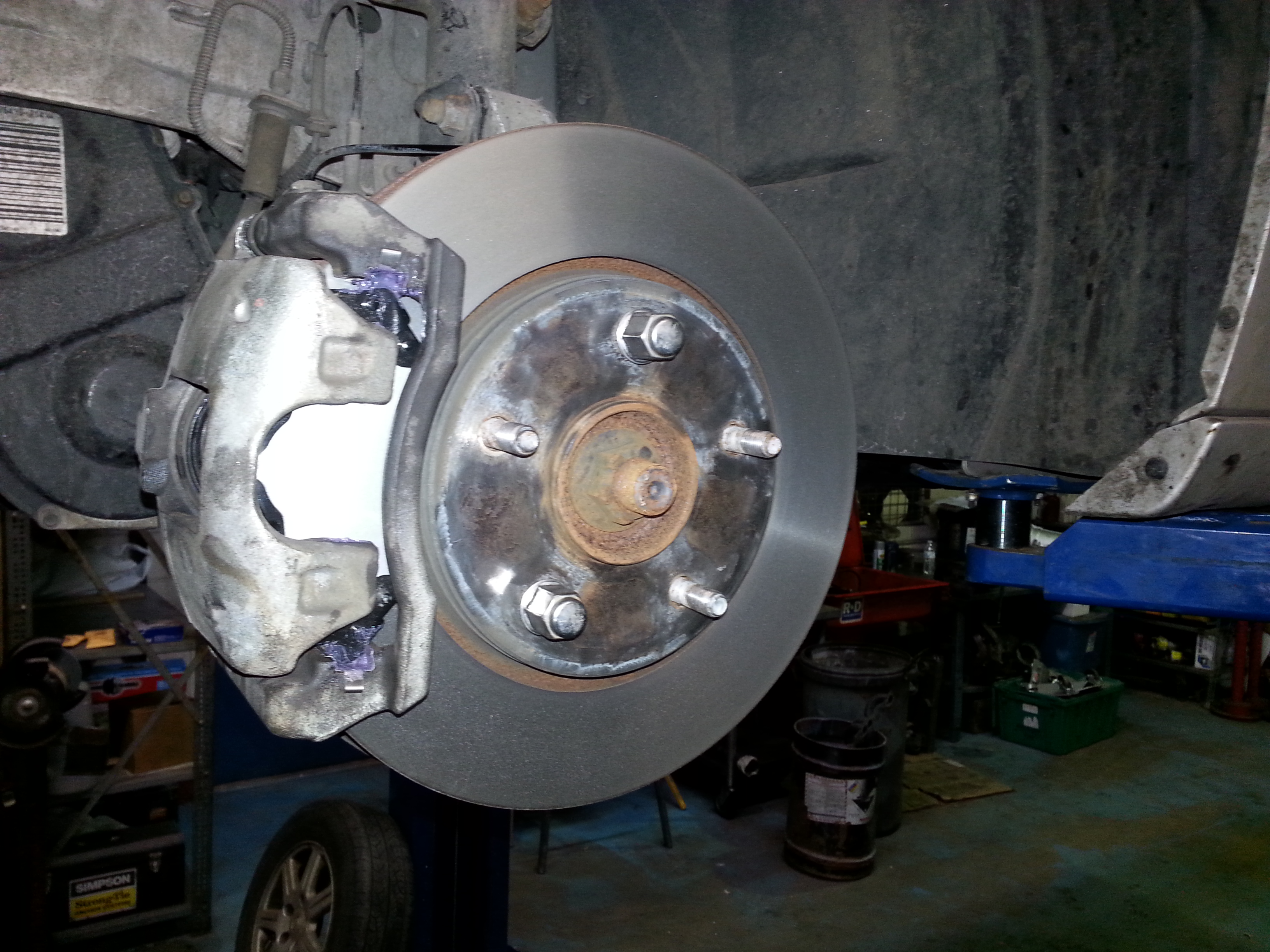
Nobody likes the sound of brakes that are screeching and squealing every time you step on the brake pedal. There are actually a number of issues that can cause these unpleasant sounds, and it's not always the brakes that are the culprit. LightHouse Automotive has put together this list of common brake issues that you will want to have inspected and repaired if you hear screeching or squealing. 1. Worn Brake Pads This is the most common cause of squeaky brakes and it is also the easiest fix. Your brake pads may be worn out and it's time to get them replaced. If you wait too long, the sounds will only get worse as metal grinds on metal and potentially more damage is caused. 2. Dirt and Grease Sometimes brake pads, rotors and other components just get dirty. This is especially common during the wet winter months when there is a lot of dirt, mud, grease and grime get ... read more
Posted on 7/18/2018
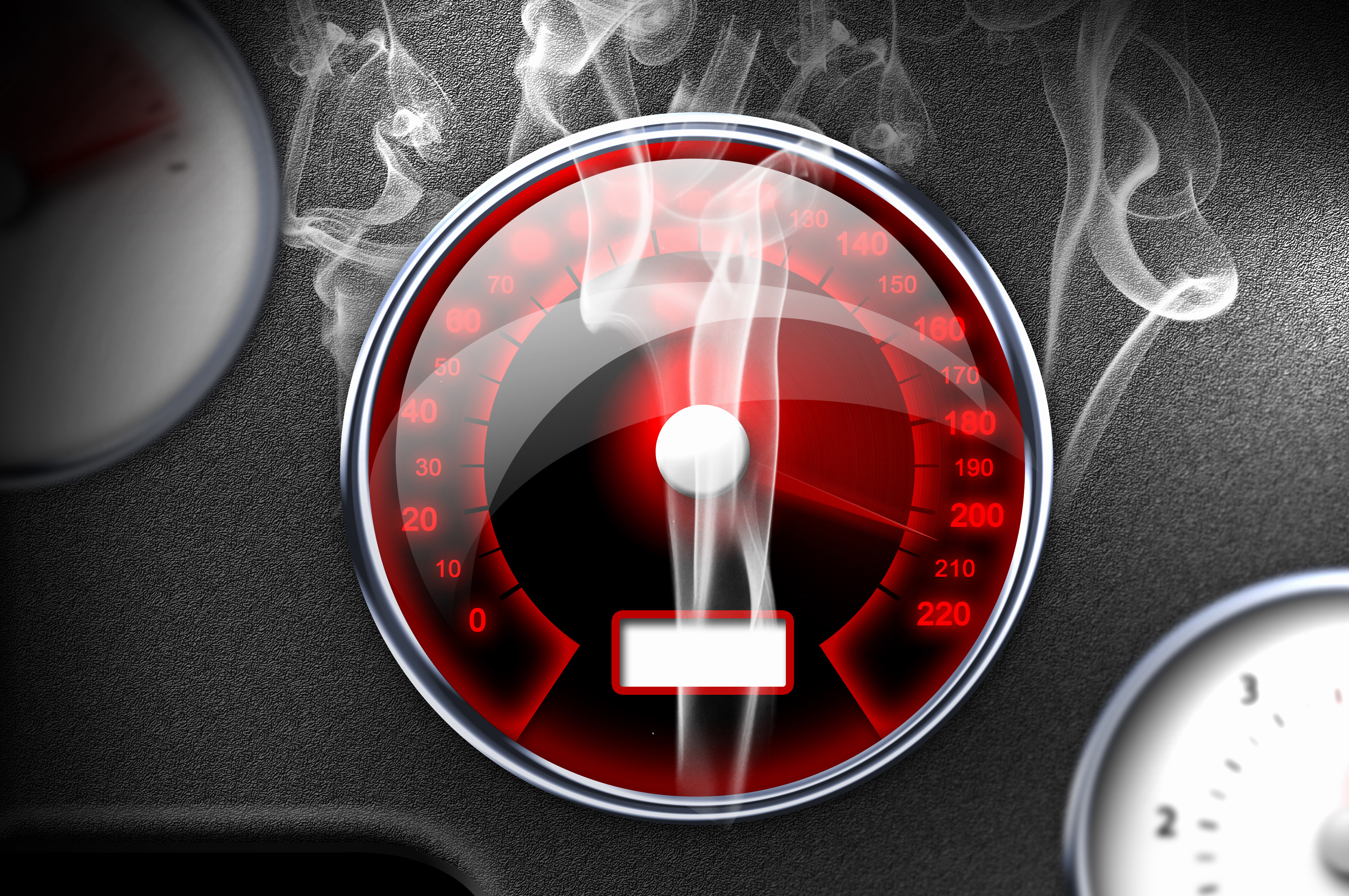
We're in the middle of summer in Colorado. The combination of mountain driving with some warmer temperatures will put extra stress on your engine. What do you do if your vehicle happens to overheat? Here are some helpful tips from Colorado Springs' own LightHouse Automotive. 1. Turn the A/C Off The first preventative step you can take when you notice your vehicle is running hot is to turn off the air conditioner. Even turning the temperature dial to hot can be helpful as it will draw away the hot air from the engine. With the A/C on, your engine will be working harder and overheating becomes a real concern. 2. Pull Over If the engine ... read more
Posted on 7/4/2018
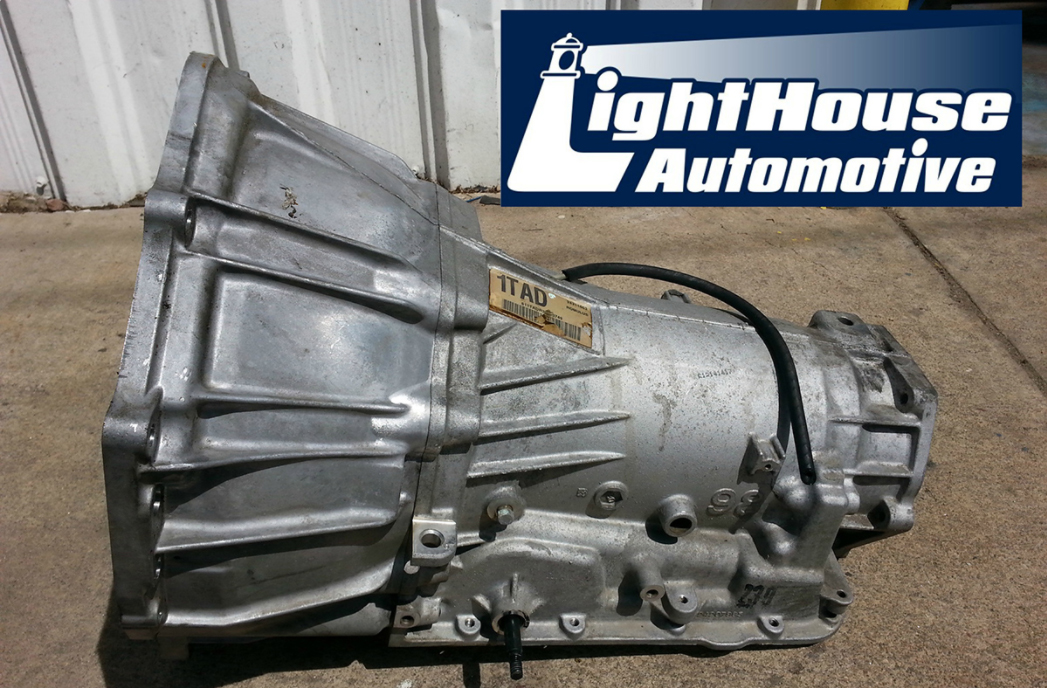
If your transmission is not working properly, your car won't run right and it may not run at all. Rebuilding, replacing or making major repairs to your transmission can be costly, so it's a very good idea to address any minor issues before they develop into major problems. Here are some common transmission trouble symptoms that you can look for: Transmission Fluid Leaks Transmission fluid is generally bright red in color, so it's easily identifiable if you notice a leak under your car. This is something you will want to have looked at immediately if you notice a leak or check the transmission fluid dipstick under your hood and find that the fluid is discolored or the level is low. Transmission fluid is the lifeblood o ... read more
Posted on 6/27/2018
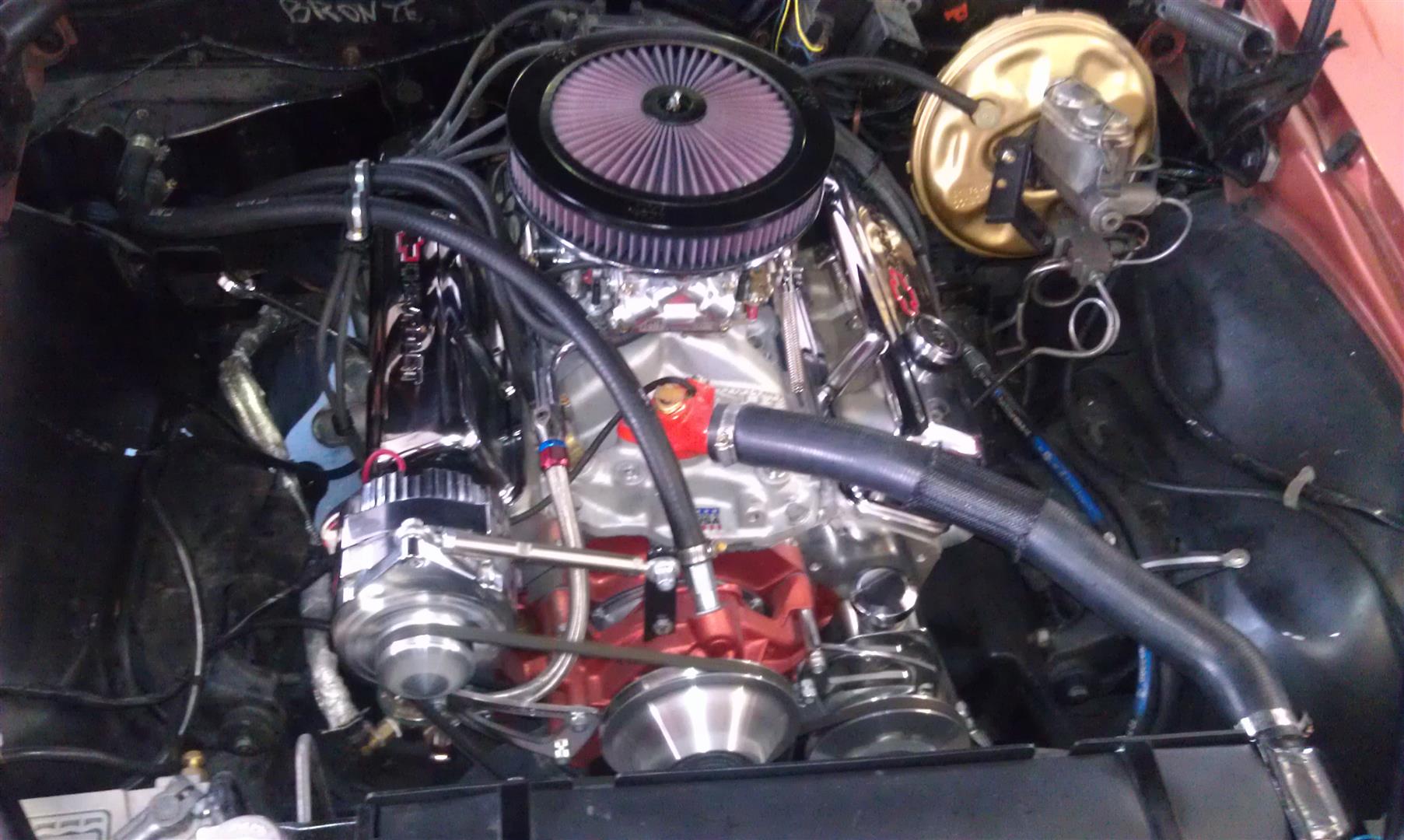
Your engine is the heart of your car. If it is not performing correctly, it's not a good situation. Minor engine damage can ultimately lead to major vehicle failures and expensive repairs if not dealt with as soon as possible. Sometimes a simple fix today can prevent thousands of dollars in damage tomorrow. As a driver, you can use your senses to feel when something is not right, whether it is an engine problem or something else wrong with your car. Here are 8 of the most common symptoms to look for: 1. Check Engine Light Obviously, if your check engine light or another dashboard/computer display warning comes on, it's usually for a good reason. Your vehicle has many sensors throughout it and if a problem ... read more
Posted on 6/13/2018
.jpg)
Summer is finally here! It's time for family road trips and other excuses to hop in the car and drive around without so much snow and rain on the roads. The big question: Is your car ready for summer? The more you drive your vehicle, the more you need it to be running well. After a long, cold winter, it's undoubtedly time for a tune-up. These simple maintenance steps from LightHouse Automotive can help you get more out of your car this summer: 1. Get the Oil Changed This is something you should be doing every 3,000-5,000 miles, no matter what the weather. However, even if you didn't drive that much mileage over the winter months, it's still probably a good idea to change the oil and filter. The more the car sits around in the cold, the quicker the oil will deteriorate. Now is a great time ... read more
Posted on 6/6/2018

Not everybody realizes this, but your exhaust system is one of your vehicle’s most important features. From the manifold to the catalytic converter and the muffler to the exhaust pipes themselves, all components need to be functioning properly for optimal performance. Effects of a Bad Exhaust System What happens if your exhaust system isn’t working correctly? Here are just a few things that should concern you: • Decreased Engine Performance • Possible Engine Damage • Decreased Fuel Economy • Failure to Meet State Emissions Requ ... read more
Posted on 5/23/2018
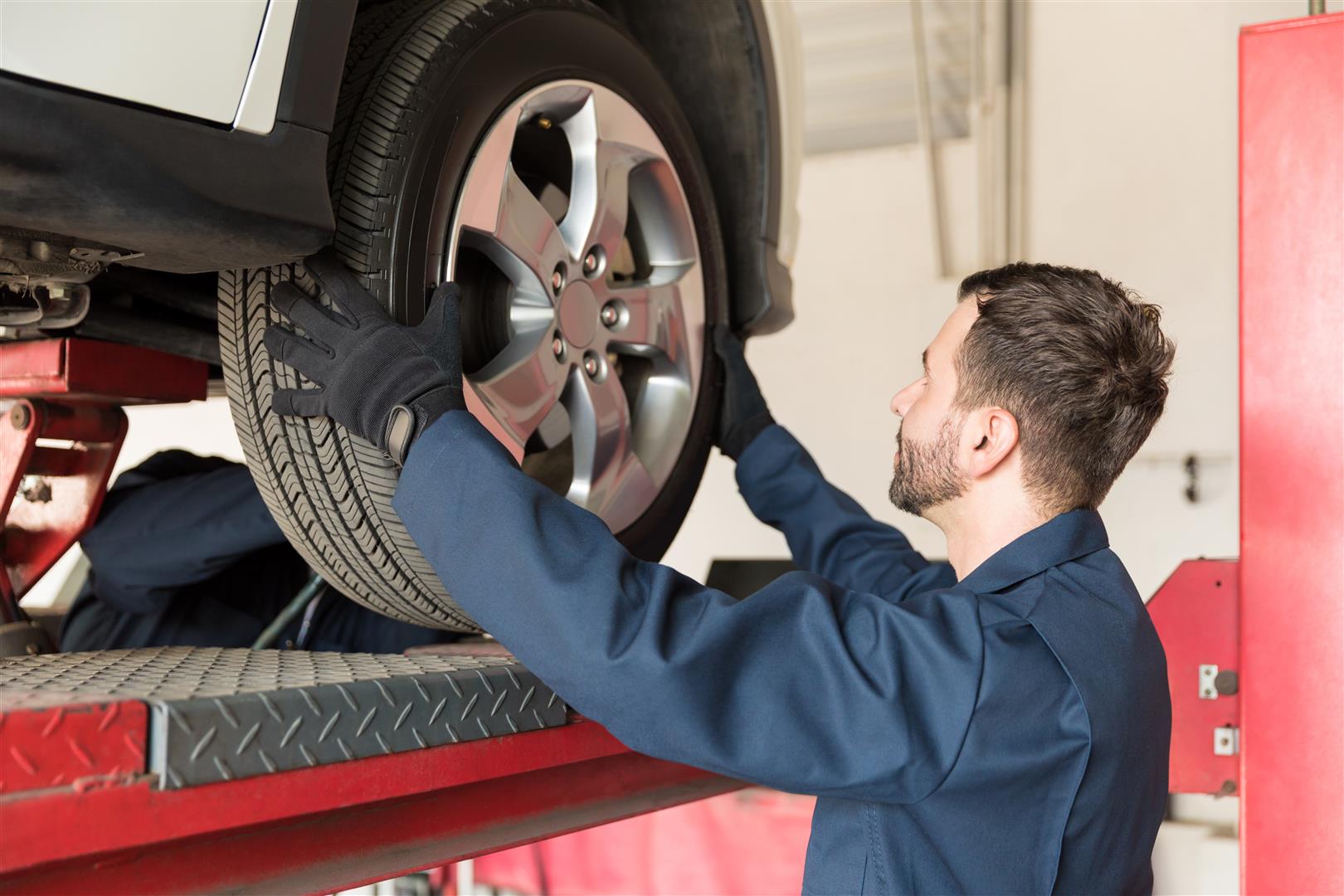
When you take care of your tires, they will take care of you and your car. You want your tires to be in good shape because they will provide better safety and overall performance for your vehicle. When it comes to tire care and maintenance, here are some simple tips from LightHouse Automotive that will help you keep your tires in the best shape possible. 1. Check Your Tire Pressure At least once a month, take a few minutes to check your tire pressure. Keep a tire gauge in your glove compartment or use the gauges at the "Tire & Air" pump at your local gas station. Remember to check all four tires (and your spare if it's easily accessible) and make sure they are at proper air levels. If not, fill them back up accordingly. Maintaining consistent air pressure will help your tires last longer and can even help with things like fuel efficiency. 2. Check Your Tire Tread ... read more
Posted on 5/16/2018

Is your vehicle due for a wheel alignment? If you are in the Colorado Springs area, you can always bring your car, truck or SUV into LightHouse Automotive for a quick and easy wheel alignment check. We can tell you if anything is misaligned or off-balance with the wheels, tires, suspension, brakes, axles or differential(s), and we'll offer honest recommendations for wheel alignment and balance repairs. Otherwise, it's sometimes fairly easy to tell yourself if you have a wheel alignment problem with your vehicle. You may notice some strange things when you are driving or you can take a look at your tires to see the common signs of wheel misalignment. If you are experiencing any of the following issues, it may be a wheel alignment concern that's worth getting repaired or at least looked at by a professional auto repair technician like ... read more
Posted on 5/2/2018
.jpg)
A leaking transmission is no laughing matter. Transmission fluid provides vital lubrication and cooling properties throughout your transmission. If the fluid is at a low level or the fluid itself is in bad shape, it will lead to bigger problems. Transmission repairs, rebuilds and replacements are not cheap. Like any automotive issue, it's always a good idea to address a small issue before it develops into a huge concern. How to Identify a Transmission Fluid Leak If there is a major leak, transmission fluid is very easy to identify. It is typically bright red in color. If you notice any drips or puddles on the ground underneath your car, this is a big problem that you will want to get checked out by an auto repair expert immediately. Any drips on the ground means there is a significant leak that should be dealt with as soon as possible. Otherwise, a minor transmission fluid leak ca ... read more